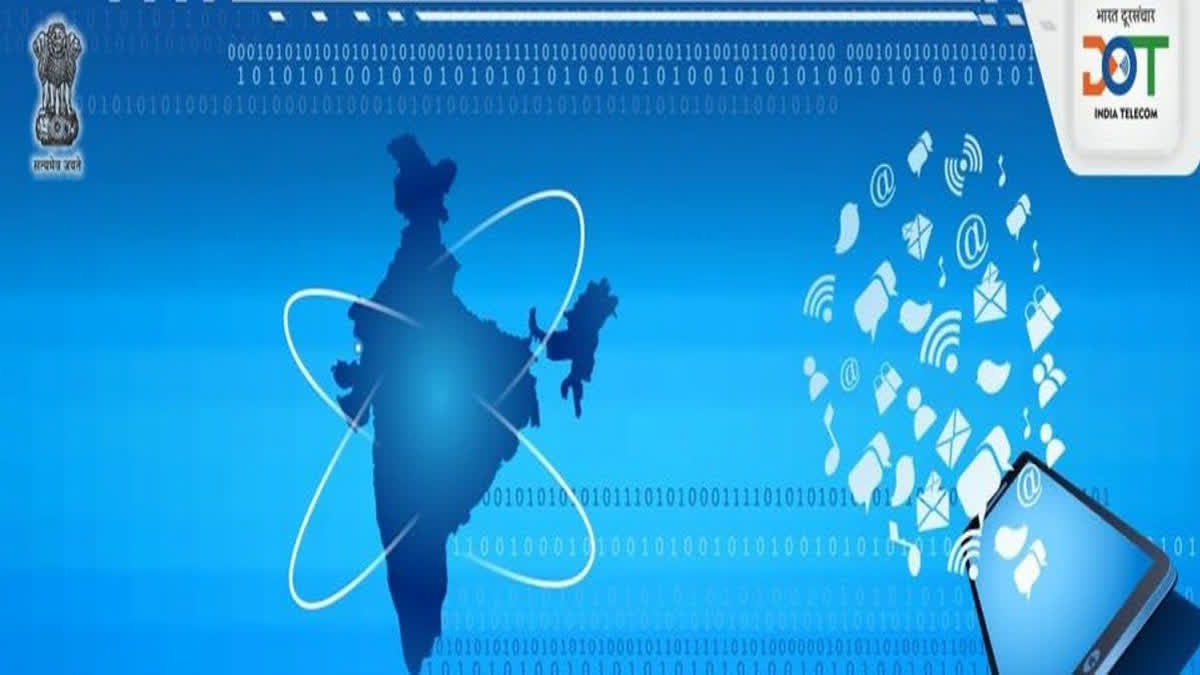New Delhi/Hyderabad: The New Telecommunication Bill 2023 was introduced in the Lok Sabha on Monday. The Bill allows the Centre to take over, manage or suspend telecommunications service or network over national security. The Bill, which was introduced in the Lower House of the Parliament, aims to replace the Indian Telegraph Act. The Bill also proposes to curb the power of the Telecom Regulatory Authority of India (TRAI).
According to the Bill, the government may notify standards and conformity assessment measures in respect of — telecommunication equipment, telecommunication identifiers and telecommunication network; telecommunication services, in consonance with any regulations notified by the Telecom Regulatory Authority of India from time to time; manufacture, import, distribution and sale of telecommunication equipment; telecommunication security, including identification, analysis and prevention of intrusion in telecommunication services and telecommunication networks; cyber security for telecommunication services and telecommunication networks; and encryption and data processing in telecommunication.
Amid the ruckus created by the Opposition, the Telecommunication Bill was tabled by Union Minister Ashwini Vaishnaw. "On the occurrence of any public emergency, including disaster management, or in the interest of public safety, the central government or a state government or any officer specially authorised in this behalf by the central government or a state government, if satisfied that it is necessary or expedient so to do, by notification— take temporary possession of any telecommunication service or telecommunication network from an authorised entity; or provide for appropriate mechanism to ensure that messages of a user or group of users authorised for response and recovery during public emergency are routed on priority,” the Bill proposed.
According to the Bill, the occurrence of "any public emergency or in the interest of public safety", the Centre or a state government or any officer specially authorised in this behalf by the Central Government or a State Government, may, if satisfied that it is necessary or expedient to do so, in the interest of the sovereignty and integrity of India, defence and security of the state, friendly relations with foreign states, public order, or for preventing incitement to the commission of any offence, subject to such procedure and safeguards as may be prescribed, and for reasons to be recorded in writing, by order.
"Direct that any message or class of messages, to or from any person or class of persons, to or from any telecommunication equipment or class of telecommunication equipment, or relating to any particular subject, brought for transmission by, or transmitted or received by any telecommunication service or telecommunication network, shall not be transmitted, or shall be intercepted or detained, or shall be disclosed in intelligible format to the officer mentioned in such order; or direct that any telecommunication service or class of telecommunication services to or from any person or class of persons, to or from any telecommunication equipment or class of telecommunication equipment, or relating to any particular subject, transmitted or received by any telecommunication service or telecommunication network, shall be suspended," the Bill has proposed.
The Bill aims to replace the Telegraph Act. The Bill also stated that the press messages, intended to be published in India, of correspondents accredited to the Centre or a state government shall not be intercepted or detained, unless their transmission has been prohibited under clause (a) of sub-section (2).It also said that the action specified under sub-section (1), sub-section (2) and sub-section (3) shall be for such duration and in such manner as may be prescribed.
Read more:
- PM Modi should speak in Parliament on security breach: Congress MP Adhir
- 'Constituted a High Powered Committee': Lok Sabha Speaker Om Birla writes to all MPs over Parliament security breach matter
